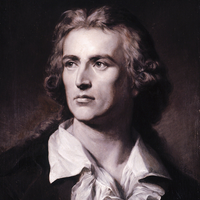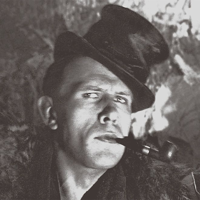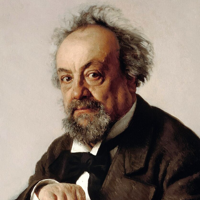Friedrich Schiller MBTI -Persönlichkeitstyp
Persönlichkeit
"Welcher Persönlichkeitstyp ist {profilename}? {profilename} ist ein {MBTI} -Persönlichkeitstyp in MBTI, {enneagram} - {iv} - {tritype} in EnneArgram, {big5} in Big 5, {socionics} in Socionics."
"If then, I consider that Schiller, in his nature and particularly in his characteristic opposition to Goethe, corresponds to the introverted type, the question next arises as to which subdivision he belongs. This is hard to answer. Without a doubt, intuition plays a great role with him; we might on this account, or if we regard him exclusively as a poet, reckon him an intuitive. But in the letters on the aesthetic education of man, it is unquestionably Schiller the thinker who confronts us. Not only from these but from his own repeated admissions, we know how strong the reflective element was in Schiller. Consequently, we must shift his intuitiveness very much towards the side of thinking, thus approaching him also from the angle of the psychology of the introverted thinking type. " - Jung, C.G. (1923). Psychological types. Harcourt, Brace.
Biografie
Johann Christoph Friedrich von Schiller (German: [ˈjoːhan ˈkʁɪstɔf ˈfʁiːdʁɪç fɔn ˈʃɪlɐ]; 10 November 1759 – 9 May 1805) was a German poet, philosopher, physician, historian, and playwright. During the last seventeen years of his life (1788–1805), Schiller struck up a productive, if complicated, friendship with the already famous and influential Johann Wolfgang von Goethe. They frequently discussed issues concerning aesthetics, and Schiller encouraged Goethe to finish works he left as sketches.
Persönlichkeit correlate
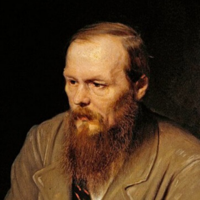
Fyodor Dostoevsky
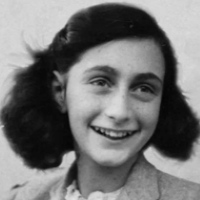
Anne Frank
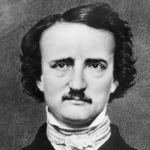
Edgar Allan Poe

William Shakespeare
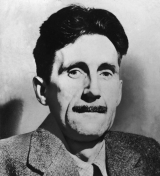
George Orwell
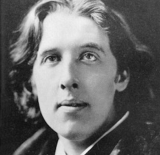
Oscar Wilde
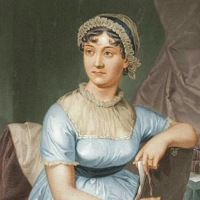
Jane Austen
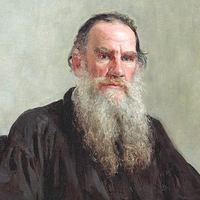
Leo Tolstoy (Лев Толсто́й)
